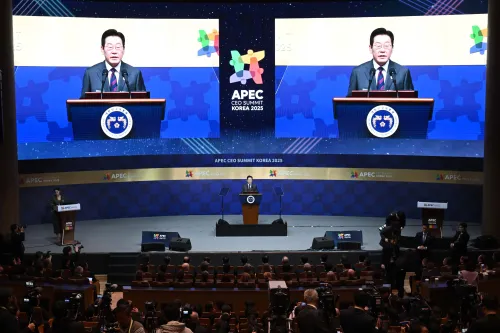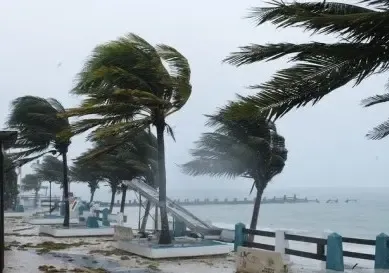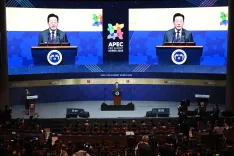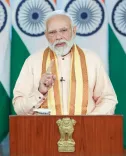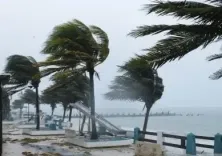Is the Pakistani Military Riding a False Victory Amid Growing Crises?
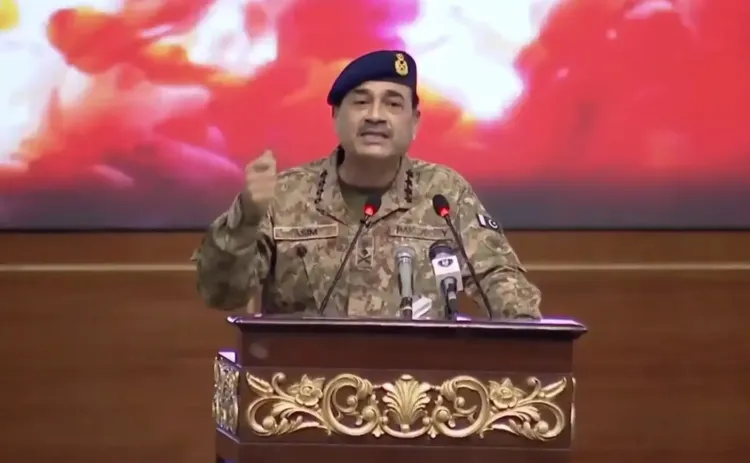
Synopsis
Key Takeaways
- Pakistani military exploits false narratives.
- Economic instability deepens post-conflict.
- Human rights abuses are on the rise.
- International relations are strained.
- Democracy is under threat in Pakistan.
Islamabad, Sep 10 (NationPress) The Pakistani military apparatus has leveraged its “false victory narrative” following the May conflict with India to suppress dissent, diminish civilian institutions, and divert attention from the systemic failures plaguing Pakistan, according to a report published on Wednesday.
The report highlighted that as the nation confronts escalating crises, including security issues, economic turmoil, human rights violations, and environmental catastrophes, the Pakistani Army revels in a fabricated sense of triumph.
“Pakistan’s efforts to project strength after the May 2025 conflict with India are dangerously deceptive. The military has substantially solidified its power, basking in public admiration and parades, yet the fundamental crises of security, economy, governance, human rights, and environment have only intensified. Rather than fortifying the nation, the war has emboldened the army to tighten its grip on power, while ordinary Pakistanis endure the consequences of inflation, violence, oppression, and natural disasters,” stated the report by the leading Sri Lankan publication, 'Daily Mirror'.
The report indicated that Pakistan’s economy has further deteriorated since May, as the military conflict with India exacerbated an already fragile situation, unsettling investors and escalating defense spending.
Earlier this year, the nation narrowly avoided default by securing emergency loans from China, Saudi Arabia, and the IMF. Although Islamabad has recently claimed an increase in foreign reserves to about $20 billion, these gains are primarily reliant on borrowed funds and temporary rollovers rather than sustainable growth.
“Politically, Pakistan has plunged deeper into authoritarianism. Since May, the army has exploited its popular image to further marginalize democratic structures. Opposition politicians, journalists, and activists have been systematically targeted. In July, authorities directed YouTube to block over two dozen opposition and journalist-run channels, labeling them as ‘anti-state’,” the report emphasized.
“The security landscape has become particularly alarming. Militant factions have escalated attacks in Khyber Pakhtunkhwa and Balochistan, causing significant casualties among Pakistani security forces. The Tehreek-e-Taliban Pakistan (TTP) and offshoots of the Islamic State have intensified their operations in the border regions of Khyber Pakhtunkhwa province, despite military claims of having won the war on terror,” it added.
The report underscored that human rights organizations have raised concerns about rising abuses by Pakistani security forces, including enforced disappearances, torture, and extrajudicial killings, which could deepen alienation and reinforce separatist sentiments rather than diminish them.
In August, U.S. Senator Chris Van Hollen condemned the escalating human rights violations in Pakistan, warning that arbitrary arrests and enforced disappearances threaten U.S.-Pakistan relations. The European Union’s Ambassador in Islamabad similarly expressed concern over the “clear degradation” of rights, cautioning that trade privileges could be suspended if conditions do not improve.
“These criticisms reflect how Pakistan’s slide into authoritarianism, accelerated since the conflict, is undermining both its domestic political landscape and its international standing,” the report concluded.


